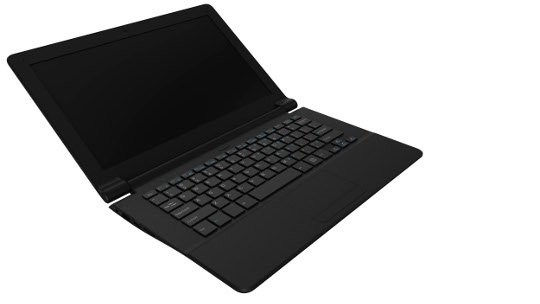Kreyren's fork/inspiration of OLIMEX TERES-1
Avoid warnings like the examples below when showing git status: warning: could not open directory 'SOFTWARE/A64-TERES/scripts/teres-build-mqHlyiY5yF/': Permission denied warning: could not open directory 'SOFTWARE/A64-TERES/scripts/teres-build-7DBpdkWsab/': Permission denied warning: could not open directory 'SOFTWARE/A64-TERES/scripts/teres-build-hxppVthocN/': Permission denied warning: could not open directory 'SOFTWARE/A64-TERES/scripts/teres-build-Ii73ok6WQw/': Permission denied warning: could not open directory 'SOFTWARE/A64-TERES/scripts/teres-build-59exex9IfW/': Permission denied warning: could not open directory 'SOFTWARE/A64-TERES/scripts/teres-build-i2QaVQHdXx/': Permission denied Signed-off-by: Lazar Hristov <lhristov@gmail.com> |
||
|---|---|---|
| .github/ISSUE_TEMPLATE | ||
| doc | ||
| HARDWARE | ||
| SOFTWARE | ||
| CODE_OF_CONDUCT.md | ||
| CONTRIBUTING.md | ||
| index.rst | ||
| LICENSE | ||
| README.md | ||
TERES-I
Overview
TERES-I is a Do-It-Yourself (DIY) Free/Open Source Hardware (FOSH) and Software (FOSS) laptop. Stylish, elegant and lightweight, TERES-I is a convenient travel companion and is great for playing videos, browsing the web, or using a plethora of development suites. It runs Linux on 64-bit ARM64 and x86 processors.
NOTE: TERES-I is currently considered an evaluation board and not yet an end-product.
| FEATURE | DESCRIPTION |
|---|---|
| CPU | Quad-Core Allwinner A64 64-bit Cortex-A53 |
| Memory | 2GB DDR3L |
| Internal Storage | 16GB eMMC flash memory |
| Monitor | LCD 11.6" 1366x768 resolution |
| Video In | 1x VGA 640x480 camera |
| Video Out | 1x HDMI |
| Audio In/Out | 2x (stereo) speakers; 2x 3.5mm audio jack (1x microphone in, 1x stereo out) |
| Wireless | WiFi 150Mb; BLE 4.0 |
| USB | 2x USB 2.0 |
| Power | 1x 9500mAh battery; 5V/3A input |
| Weight | 980 g (2.16 lb) |
Hardware
Software
TERES-I was designed to run on Linux distributions, but may also run Android and Windows operating systems. The laptop's mainboard has eMMC flash loaded with Ubuntu Mate and basic programs – Internet browser, Open Office, Arduino IDE, IceStorm FPGA Verilog tools, a video player, etc. Additional software is also available from Ubuntu repositories.
- Installing an image
- Updating an image
- Building an image

